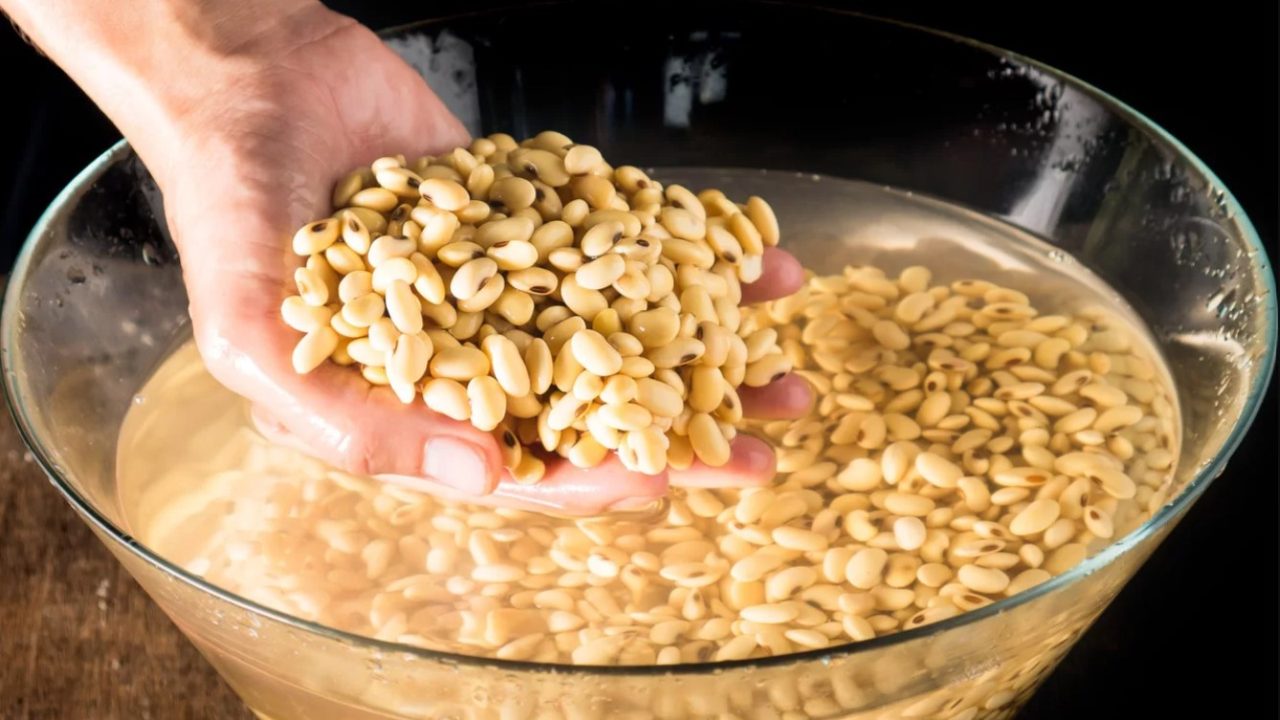First modification:
On Tuesday, August 23, US government officials announced in Bogotá, the Colombian capital, that they will finance Colombian programs for the prevention of drug use as well as the promotion of alternatives to incarceration as a solution to addiction. The announcement, which comes two weeks after the inauguration of Colombia’s new president, Gustavo Petro, marks a shift in focus in the war on drugs, a dynamic that was widespread among his predecessors.
“A drug strategy must be comprehensive and based on evidence that has been shown to work.” These words by Todd Robinson, the assistant secretary of the Office of Counternarcotics and Law Enforcement Affairs of the United States Government, sealed the announcement on Tuesday, 23 August, of a new collaborative approach between the United States and Colombia in the fight against drug trafficking.
According to the US representatives present in Bogotá, together with Colombian officials to promote this cooperation between the two countries, they will try to address the problems related to the sale and consumption of drugs from a social and health point of view rather than a punitive one.
“When there is problematic consumption, public health problems (…) and insecurity increase,” Robinson explained to convince of the need for a change of focus in the fight against drugs.
“We want to work on joint strategies to reduce the stigma of consumption and ensure that more people receive the appropriate treatment,” he added.
Robinson pointed out that efforts should be made to prevent the incarceration of people who suffer from addiction problems, since these people are not criminals but patients who need therapeutic attention.
To launch the new program, the United States will collaborate with the Colombian Ministries of Health and Justice and the budget will be two million dollars. The joint project will last three years and aims, among other things, to create a treatment center for drug use pathologies in the Andean country.
Change of course in the fight against drugs
This Tuesday, Robinson was accompanied by the director of the US Office of National Drug Control Policy, Rahul Gupta, who said that both in the United States and in Colombia, the focus is now on “the prevention and treatment of drug problems.” drugs and addictions, and in efforts to provide alternatives to incarceration.
The North American country is the largest consumer of cocaine in the world, most of which comes from Colombia through Mexico and the Caribbean.
The Amb. Coy highlighted the importance of addressing the World Drug Problem from a public health perspective, taking into account that the Government of Pdte. Petro receives with interest and gratitude the support of the Gob. of the President Biden in this new stage of the bilateral relationship pic.twitter.com/A0yOTL3OAX
– Colombian Foreign Ministry (@CancilleriaCol) August 23, 2022
“It’s time to tackle addiction and trafficking in a comprehensive way,” Gupta said. This will mean investing in treatment, medication, psychosocial services and therapeutic supports to help, among other goals, reduce the number of people, especially youth and minors, incarcerated for minor drug-related problems.
On the part of Colombia, the magistrates of the Superior Court of the department of Cundinamarca, in the center of the country, promoted the results of a restorative justice program, in which minors accused of drug-related crimes are supported by the judicial system to help them in their process of fighting drug addiction.
“With these programs of personal transformation they achieve that adolescents -and we hope that it transcends adults- who have conflicts with the law, transform, do not coincide and can be incorporated into the community”, said the magistrate of the Superior Council of the Judiciary , Max Alejandro Flórez, according to the EFE news agency.
The new government of President Gustavo Petro has promised a different approach to the drug problem. The new head of state wants the fight against the sale and consumption of illegal substances to be preventive and to take more account of the social and health aspects of the problem.
End of the forced eradication of illicit crops in Colombia
This new approach could also include measures such as the legalization of certain substances such as marijuana, while the abandonment of practices such as the forced eradication of illicit crops has already been adopted.
As for the coca fields, the Colombian government decided this Tuesday to suspend its eradication and focus instead on intercepting cocaine shipments, while encouraging farmers to resort to legal crops.
In an interview with the local newspaper ‘El Tiempo’, the new director of the Colombian National Police, Henry Sanabria, confirmed that the forced eradication operations of coca leaf plantations in remote areas of the country stopped after he was appointed in office last week.
These new strategies contrast with those of previous Colombian governments, which had set annual goals for the eradication of coca crops, using the Army to carry out these tasks.
However, these methods have proven ineffective and often provoked violent clashes between the Armed Forces and local farmers who tried to defend their crops, arguing that the lack of infrastructure in remote areas of the territory did not allow other crops.
In addition, dozens of police officers who participated in these US-backed forced eradication programs were also killed by snipers or injured by landmines.
Eph, AP
#USA #Colombia #announce #collaboration #promote #drug #prevention #projects








